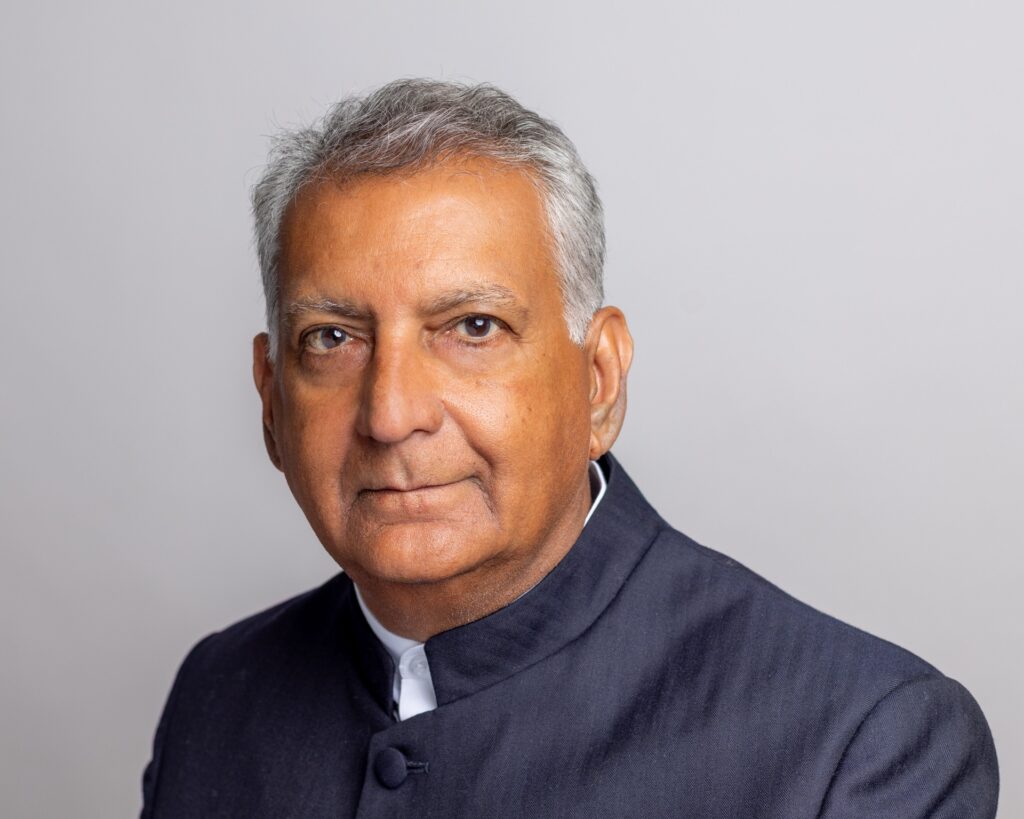Kenneth O. Morgan on the founder of the 20th Century school of Welsh historians
The Welsh have been writing history, theirs and other people’s, from Giraldus in the twelfth century to Gwyn Alf in the twentieth. But I believe that Glanmor Williams, who died in Swansea on 24 February 2005, was the most important of them all. He was not only a remarkable historian in his own right: he made the history of Wales over two millennia a project, a discipline, a craft for scholars, and a key to the national identity for the ordinary man and woman.
The son of a Dowlais miner in the hard years and going to Cyfarthfa school, he drew inspiration from his native community, movingly expressed when he received the freedom of Merthyr in 2002. He was a brilliant student at Aberystwyth: his lifelong devotion to the ‘college by the sea’ was abundantly clear when he became its vice-president when I was its Vice Chancellor in the 1990s. And in Swansea, he made his department as productive of gifted young talent as was the legendary fly-half factory in the world of rugby. In this diminutive man, Wales has lost its biggest historian and one of its greatest sons.
His achievement lay in four main areas. First, as a writing historian, his legacy was immense. Specialising in Tudor history, he wrote three massive works, each of them a classic. The Welsh Church from Conquest to Reformation (1962) began life as Chapter One of a study of the Reformation in Wales. It ended up as an extraordinary synoptic survey of Welsh religious, cultural and social life in the medieval period, with a matchless grasp of the literary evidence and remarkable empathy for the Catholic faith from a Welsh Baptist. Dom David Knowles, the Cambridge grandmaster, hailed it as a masterpiece. His volume on the years, 1415 – 1642 in the ‘Oxford History of Wales’ series (1987) dealt with total authority on the varied torments of his people from the aftermath of Glyndwr’s rising to the coming of the civil war. The Act of Union in 1536 is handled with calm authority, quite without polemic. And in 1997, forty-seven years after he began his research, his culminating study of Wales and the Reformation finally appeared. But over six decades a mighty torrent of other work appeared, much of it ranging over the whole of Welsh history on themes such as language, literacy, religion and nationality, and the interface between culture and social change.
Secondly, he was a great strategist, director, editor, almost impresario. He was the first editor of the Welsh History Review in 1960; he laboured indefatigably to bring to completion the edited six volumes on the Glamorgan County History; he was the natural choice to be editor of the ‘Oxford History of Wales’, still sadly incomplete. His interests in the industrial period also became important, notably in his leadership of the south Wales coalfield project after 1972. Glan always led from the front. As long-term chairman of the Board of Celtic Studies, on the Commission on Ancient Monuments, in the worlds of libraries, archives and local history, he was omnipresent and inspirational. Indeed, he turned these talents beyond the world of history, serving as a staunch governor and chairman of the BBC in Wales in the later sixties, standing up to the bullying of George Thomas at the time, and ensuring, while serving on the Hughes-Parry committee in 1965, that the Welsh language gained ‘equal validity’, legally and morally, with English.
Third he was a matchless teacher, not only for his students in Swansea and in other universities, but in academic events like the John Rhys lecture to the British Academy, a bravura performance which I heard. He was also a tireless contributor to extra-mural and part-time teaching, to local history societies and the WEA. Glan believed passionately in all this: it was a gospel of citizenship. And he retained all his skills to the end. The last time I met him was when we had dinner after what turned out to be his last lecture, in the Schools in Oxford on 7 February. An account of Sir Edward Carne, a leading Welsh official under Henry VIII and Mary, it was full of life as well as learning, with all Glan’s grasp of detail, power of communication and sheer fun well on display. Sadly, it may have been just a bridge too far for the strength of a man of nearly 85.
And finally he was unique in the way he encouraged and inspired younger colleagues. I joined his department in Swansea in 1958, initially as Research Fellow in Welsh Social History at a stipend of just £600 a year. But in intellectual stimulation and scholarly comradeship, I was as rich as Croesus. How could I not be when soon after Glan himself brought in historians of Wales like Rees Davies, Ralph Griffiths, Prys Morgan, John Davies and the late Bill Greenway amongst my colleagues, with Dai Smith, David Jones, David Howell, Peter Stead, Gareth Elwyn Jones and Hywel Francis (the last three, like Geraint Jenkins, another Swansea product, all pupils of Glan’s and mine)?
There was a wonderful older colleague in Glan’s contemporary and close friend, Ieuan Gwynedd Jones, colleagues like David Walker, Muriel Chamberlain and Neville Masterman who worked on both Welsh and English themes, and always Glan himself for intellectual leadership, bright as a button, deeply human. His department breathed fraternity. He taught us Wales had an important, coherent past. Some people even concluded it had a future, too. Out of our dispassionate scholarship, perhaps, came the green shoots of devolution.
He was a deeply civilized man, too, passionate for art and opera and Italy, an enthusiastic companion at rugby internationals, agile wicket-keeper for the staff cricket team (I succeeded him). During my year in New York in 1962 – 3, busy though he was, he sent a stream of messages on matters of the mind (and sometimes the heart). His sheer decency never emerged more movingly than when I told him in 1966 I was leaving for Oxford. It made him sad – and I realised that I was sad too and wanted to stay at Swansea. Yet, he still advised me to move on to Oxford, just because he thought it would be better for me in the long run. Nearly 40 years later, I still wonder. But I do know that my eight years with Glan were the most fulfilling of my professional life, and that this man had huge reserves not only of intellect but of character, spirit and soul.
Glan’s values and idealism were the key to him. Some of this emerges in his charming little memoir published in 2002. He cared deeply for his colleagues, and spurred on their often faltering search for truth with his insight and wit. Cheerfulness was always breaking through; he was bubbling and outgoing equally in Welsh and English. He and Fay, his wife and partner for over half a century were devoted to each other (early on, he supervised his wife’s thesis, not an easy task as I know from my own experience!). Beyond his family, he was a selfless public servant on commissions, as a magistrate, in the Welsh Baptist Union. He educated Wales in understanding its collective memory and sense of identity. For myself, I feel I have lost the most influential man in my life other than my father, someone who taught me how to be an historian, why it mattered so desperately. Even more than my other mentor, David Williams in Aberystwyth (Glan’s teacher too), he articulated my core values, with an overlay of valleys socialism, innate democracy, and love of nation and language. Robert Blatchford, the socialist editor of Clarion, wrote of William Morris, “Strike at him where you would, he rang true”. So it was with Glan and his truth goes marching on.





